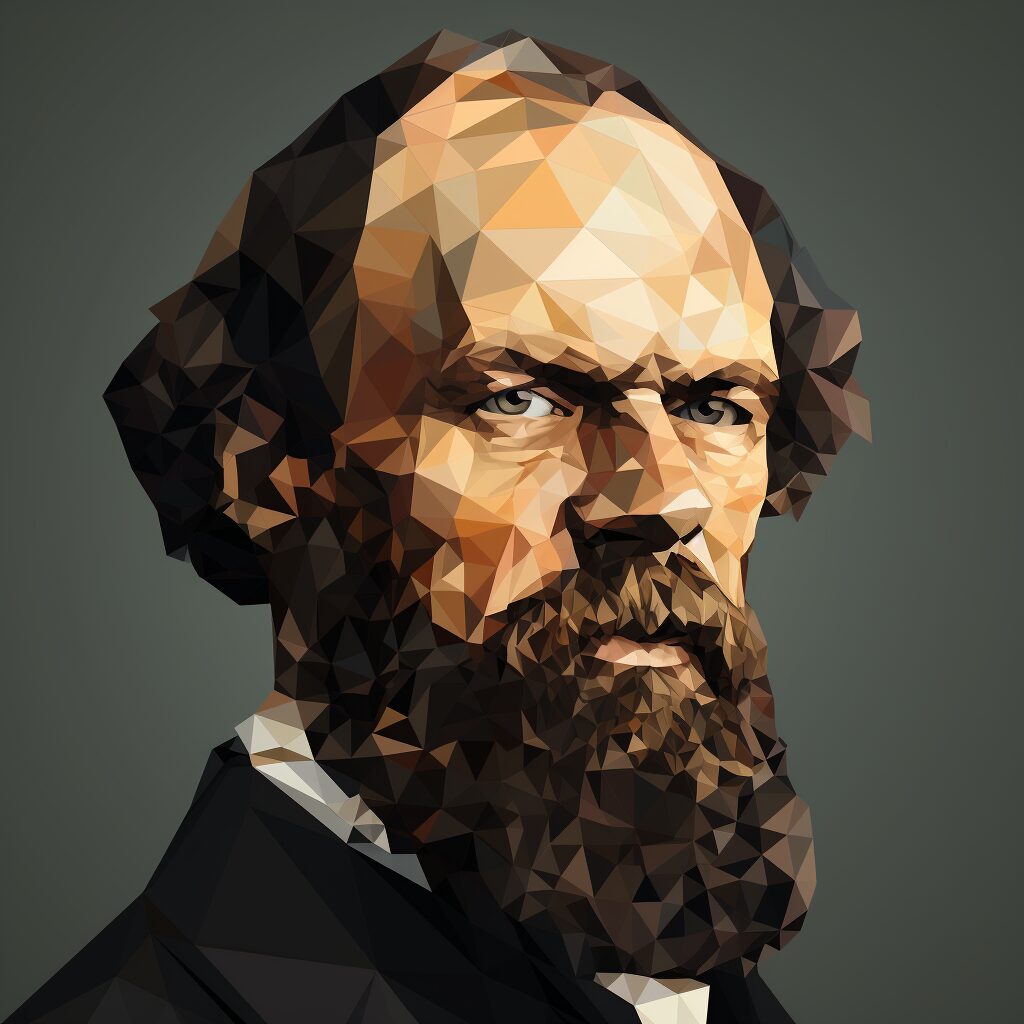This quote implies that professionals in any field often face the challenge of not being able to disregard aspects of their work that they deem unimportant or irrelevant. This could include administrative tasks, meetings, or even certain protocols and procedures that may not directly contribute to their main objectives. This inability to ignore “useless” things may limit their productivity and creativity, as it takes away time and energy that could be better spent on tasks that are more significant or meaningful to their professional growth.
The quote also suggests that the definition of what is “useless” is subjective and may vary from one professional to another. What one person might consider unnecessary or unimportant, another might view as critical. Therefore, this quote underscores the importance of discernment and prioritization in professional life.
Applying this quote to today’s world, it could be argued that modern professionals, more than ever, are inundated with information and tasks that may not be directly relevant to their work. The advent of technology and digital communication has made it easier to be distracted by non-essential tasks, such as checking emails or attending to social media notifications. This could potentially hinder their productivity and effectiveness at work.
In terms of personal development, this quote could be interpreted as a call to focus on what truly matters and to eliminate or delegate tasks that do not contribute to one’s growth or progress. It is a reminder to prioritize tasks that align with one’s goals and values, and to not let less important tasks consume one’s time and energy. It could also be seen as an encouragement to question and challenge the status quo, and to not be afraid to discard practices or habits that are not beneficial.










